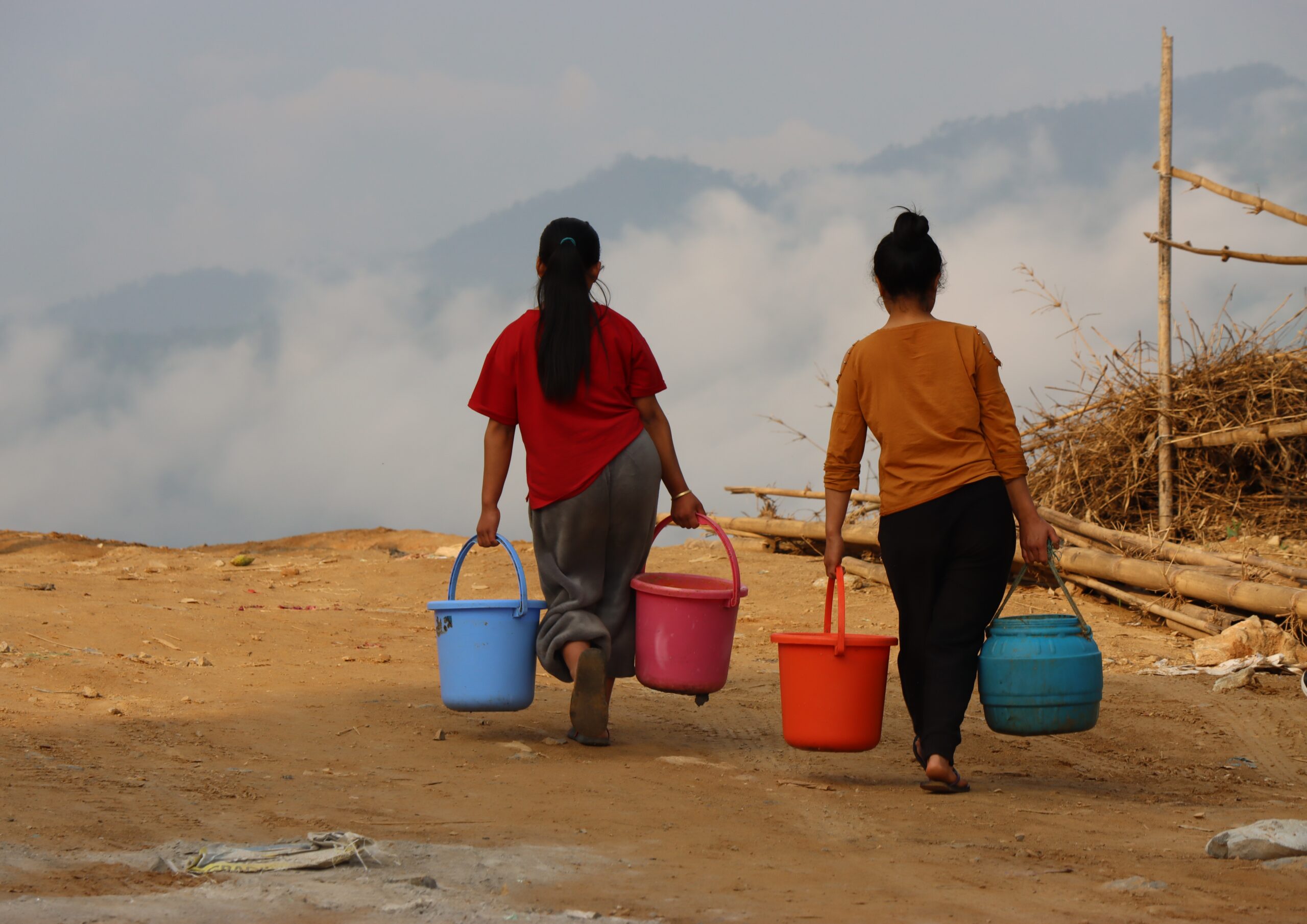Emotional reflections in the practice of qualitative research

Field research in the contexts of conflicts, disasters, severe poverty and marginalization entails being continually exposed to the daily life struggles and suffering of our research participants. Fieldwork in such environments involves emotional experiences on the part of respondents, but at the same time, such occurrences also impact the researchers. Along with the emotional challenges, researchers often have to tailor themselves to the needs of the respondents. Drawing from such similar experiences of qualitative research in Nepal over the past four years, we discuss three instances in this piece: first, how the emotions of the research participants impact qualitative research; second, how researchers are affected by emotions during the practice; and lastly, the strategies in handling such situations.
Starting with the emotional encounters during fieldwork, we often come across respondents who refuse to recollect particular instances of struggles and hardships that make them emotional. For instance, one of the water users committee members in our research seemed highly agitated when we constantly inquired about the conflict issues involving a water project he was part of. The research site at the time was highly sensitive to water conflicts. “We don’t even want to remember those days. We were denounced repeatedly and were mortified even by children and elderlies”, he recalled his struggles in securing water sources for a new project. Our in-depth queries about the obstacles, persistent pleas, and negotiations clearly evoked anger in him. In another interview, the chairperson of a drinking water supply project expressed his humiliation at his inability to secure a project despite repeated attempts and a large financial expenditure. He related the project’s failure to personal incompetency to solve the drinking water struggle of the town dwellers. The feeling was still enduring after many years of the project’s failure. In such situations, we can comprehend that our inquiries not only uncover the vulnerabilities of the participants but equally ignite their frustration and guilt to otherwise evadable emotional distress.
Further, in our experience during the COVID-19 peak period, when both the respondents and researchers experienced stressful conditions, we discerned several times, that eliminating our own thoughts and emotions while listening to the participants’ trauma is extremely challenging. During the course of our research, we encountered a few participants who themselves or their immediate family members were infected with COVID, and some had even lost their loved ones. Frequent news about the mounting death toll and sufferings were perpetually fueling our fear and anxieties as well, but, during the interviews, we had to calmly listen to the respondent's experiences and comfort them instead. Handling our own emotions and supporting the respondents while collecting those experiences as data required both emotional and intellectual labor on our part. Scholars such as Bloor et al. (2008) also highlight that establishing and maintaining good fieldwork relationships requires emotional labor but at the same time warn that such labor can in fact be draining.
We and other qualitative researchers alike, struggle with anticipating and dealing with emotions and dilemmas, while also minimizing the exposure of respondents and researchers. For social science researchers, participants’ emotions in qualitative inquiry are rich data that reinforce our cognitive understanding of the lived experience of the respondents. However, whether to indulge in sensitive and emotionally draining inquiry that requires tapping in the emotional space of the respondents or to forgo essential information required for the study becomes an extremely challenging decision.
Furthermore, at many instances we also face situations where our respondents expect on-site immediate material support after the interviews. We struggle to convince that we are merely there to gather data without the support they anticipate. Such instances stir our moral sensibilities towards the respondents, yet as researcher at the end of these conversations we expect the respondents to fight their emotions for the sake of our research. On the one hand, the powerlessness to instantly help them, and on the other, being the cause of exposing their vulnerabilities, often tend to scuffle the obligations we have as humans and professionals. Kleinman and Copp (1993) have also noted that the emotions reflected in our conversations with the participants incite some form of guilt of not being of direct help for them.
Nonetheless, as emotional labor grows with the involvement and interaction with the respondents, showing empathy and being supportive are some of the many approaches that we practically apply. One of the strategies we adopted was being an ‘active listener’ focusing on the participants’ stories. Sometimes, the interviews went longer but reciprocating with their emotions and being cautious in approaching sensitive topics helped to comfort the participants. Necessarily, we had to do this because respondents seem comfortable sharing their emotions with people familiar and sympathetic to their world, similar to the reflection by Goodrum & Keys (2007). Further, we also realized that building trust is crucial for making participants comfortable and open to our inquiries.
Our experience of sharing emotional instances for the participants and the researchers encompasses the aspects of qualitative research affecting both the involved individuals and the subject of the research as a whole. Though we now find growing interest and recognition of research as emotional work and also the need of reflecting on emotions, these aspects of qualitative research are yet to be fully recognized. And so, the emotionally sensed knowledge that has always been brought into question has compelled private emotional expressions to be hidden in research processes. However, promoting open sharing and reflections on emotions shall hone research skills and improve research outcomes.
The authors are researchers at South Asia Institute of Advanced Studies (SIAS). The reflection is based on the research under the project Governing climate-resilient futures: Gender, justice and conflict resolution in resource management (JustClime) funded by the Swedish Research Council.



